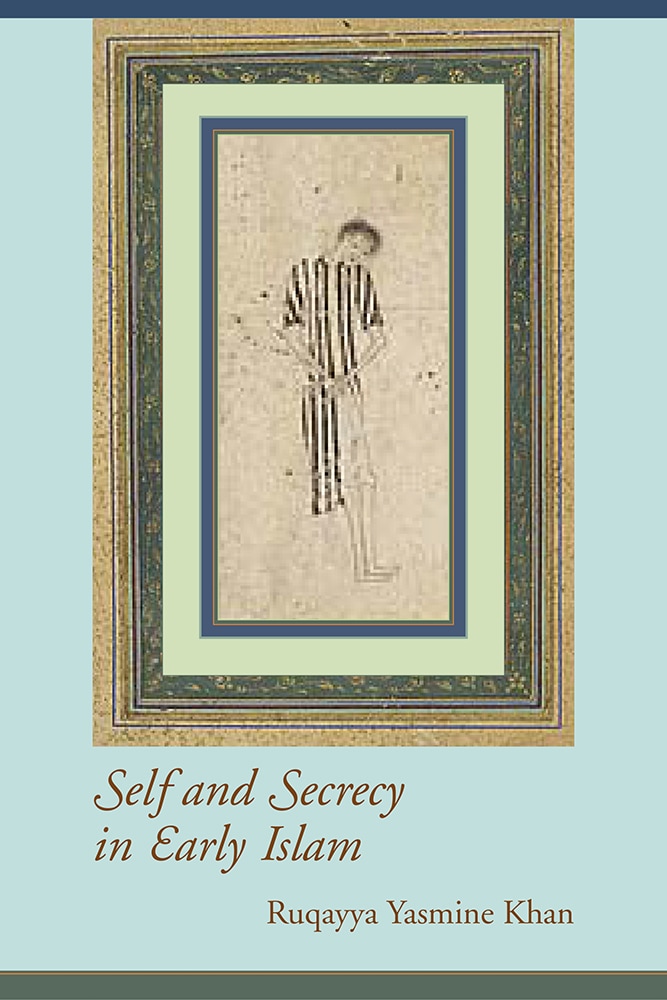Black History Month Sale: 40% off all books, plus FREE SHIPPING on all U.S. orders over $50 | Use code JBHM26

Size: 6.50 x 9.00
Pages: 186
Illustrations:
Ruqayya Yasmine Khan
The inclusion of this book in the Open Carolina collection is made possible by the generous funding of
"Self and Secrecy in Early Islam explores the dynamic tension of veiling and revealing as expressed in a wide range of classical Arabic texts, both religious and literary. Ruqayya Khan moves with ease and grace from discussions of the Qur'an to courtly love poetry as she illustrates this tension and its inherent relationship to ideas of identity and self awareness."—Omid Safi, author of The Politics of Knowledge in Premodern Islam
"Ruqayya Khan surveys a diverse collection of important early Arabic texts in which notions of secrecy and revelation can be interpreted as markers of individual identity. Her comparative approach incorporates materials from sacred scripture to secular love stories and allows for the significant contrast of each, particularly in light of modern psychology. Khan's deft interdisciplinary analysis is a welcome addition to Islamic and Arabic scholarship."—Th. Emil Homerin, author of 'Umar Ibn al-Fârid: Sufi Verse, Saintly Life
"Self and Secrecy in Early Islam is a remarkable and original work that draws upon myriad original language Arabic sources, analyzing them through insights from contemporary critical theory and psychoanalytic theory. Khan's work is a significant contribution to Qur'anic studies, to the study of Arabic literature, and more broadly to the conceptions of self in psychological and religious studies."—Frederick S. Colby, author of Narrating Muhammad's Night Journey: Tracing the Development of the Ibn 'Abbas Ascension Discourse
Copyright 2026
Website By Morweb.org